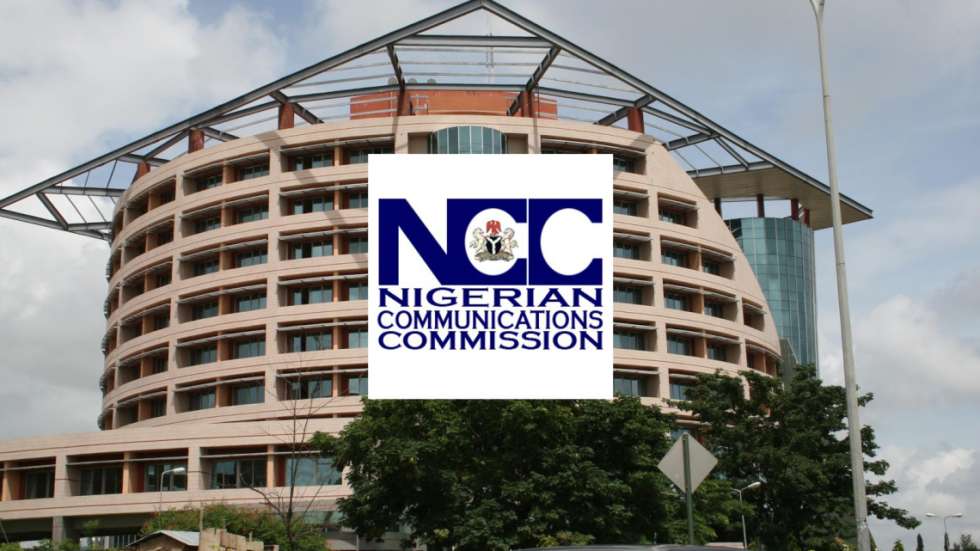The Nigerian Communications Commission (NCC) says it would continue to promote and facilitate the expansion of robust Information and Communication Technology Infrastructure, for the rapid development of Nigeria’s digital economy.
NCC Executive Vice-Chairman, Prof. Umar Danbatta, said this at the first virtual and sixth edition of the Information Communications Technology and Telecommunications Conference and Exhibition (ICTEL), EXPO 2020, in Abuja.
Dr Ikechukwu Adinde, NCC Director, Public Affairs made this known in a statement on Monday in Abuja.
Adinde said that Danbatta presented a paper “Communication Technology for Service Delivery in Health, Education, Tourism, the Creative Industry, and Agriculture at the event.
Represented by Mr Efosa Idehen, NCC Director, Consumer Affairs, the executive vice-chairman stated that the NCC surpassed the 30 percent broadband penetration target in 2018.
Danabatta observed that through various policy initiatives, broadband penetration had further increased to 42.02 percent, as of July 2020.
READ ALSO: Pro-Independence Rebels Attempts to Seize Congolese Mining Hub
According to him, this has laid a solid foundation to drive the national efforts at achieving the new 70 percent broadband penetration target, set in the Nigeria National Broadband Plan (NNBP) 2020-2025.
Danbatta said that the commission had commenced the review of the framework for engaging infrastructure companies, to increase fiber optic deployment to the hinterland.
“This is to ensure pervasive access to broadband services in the country,” he said.
He said that with the Federal Government’s support, through the Ministry of Communications and Digital Economy, NCC was making efforts to resolve the perennial problem of the high cost of Right of Way, with the support of the Nigerian Governors’ Forum.
Danbatta said that this was to hasten ICT infrastructure that would enable socio-economic activities across various sectors.
According to him, as the world is becoming increasingly digitized, there will be no sector or facet of human life where ICT will now be required, for optimal service delivery and improved conditions of living for the citizens.
“With regard to the health sector, ICT is playing a very important role in the manner health services are now delivered.
“The new Internet speed and the low latency of 5G technology, are expected to further enhance the possibilities of telemedicine and remote surgery,” Danbatta said.
He said that the educational sector had also greatly soared on the wings of ICT, as there had been a surge in online learning around the globe, due to the COVID-19 pandemic, while illustrating the symbiotic relationship between ICT and educational sectors.
“The relationship between ICT and the educational sector has been mutually beneficial.
“Danbatta assured the stakeholders that the advent of Artificial Intelligence (AI) was expected to enhance the capabilities of the educational sector even further.
“The agricultural sector has also benefitted from ICT, as several agro-based apps have been designed, to ensure that stakeholders in the sector are able to provide and improve on essential agro-services.
“These developments have helped to boost food production and security, just as a lot of digitization is also holding sway in the creative industry, enhancing its growth, thereby enabling job creation and greater contribution to the Gross Domestic Product (GDP),” he said.



Leave a Reply